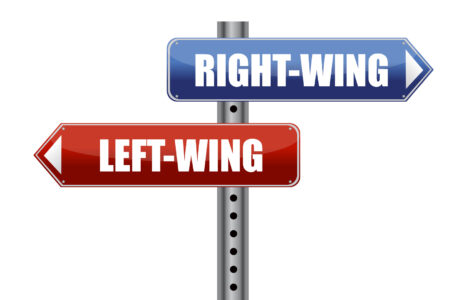
Le Bourget-Paris, France
The 21st Conference of the Parties (COP 21) of the United Nations Framework Convention on Climate Change (UNFCCC) opened on Monday, November 30 in Le Bourget-Paris, with an impressive gathering of about 150 heads of state. The message world leaders sent was clear: success is the only option. This is reassuring. But the hard work of ironing out the details has to be done. This is a challenging process. It involves resolving the differences over key issues and coming up with a finalized text, acceptable to all, for a meaningful Paris outcome.
The first week of COP 21 is allocated to working through the draft text of the agreement. Party delegates are working on different parts of the text in separate groups (called ‘spin off’ groups). This process is done under the Ad Hoc Working Group of the Durban Platform on Enhanced Action (ADP). Formed in 2011 in Durban, the work of the ADP has been the backbone of the climate negotiations in the period leading up to Paris. It now has to complete its work and present an agreement text to the Conference of the Parties (COP). This text is expected to be submitted on Saturday, December 5.
The discussions of the spin off groups are done in camera. In keeping with a commitment to transparency, the ADP contact group is holding open meetings on a daily basis. On the evening of Wednesday, December 2, the ADP held a mid-week assessment of the progression of its work. The mood was not upbeat as work on the text is going much too slowly. The point of working on the text, which already contains numerous options and brackets, is to reduce the options and remove the brackets. Unable to agree on specific sentences and sections, delegates keep asking the co-Chairs of the ADP to add new options and new brackets.
There was a sense of unease among delegates on Wednesday evening, and a desire to speed up the process. The ADP is expected present a succinct but comprehensive text, acceptable to all, to the Conference of the Parties on Saturday, December 5. The second week, the Conference of the Parties will take over the process and bring the negotiations to its conclusion.
On the eve of COP 21, Canada’s newly formed Liberal government emphasized its commitment to the Paris climate conference. The vision is clear, but doing the hard work together with everyone else is an altogether different story. This is a test for the newly rebranded Canada and an opportunity for the Canadian delegation to help the process overcome disagreements over contentious issues. This is not an easy task, but it is a momentous opportunity.
Stay tuned for more updates from Le Bourget-Paris.
Photo: Elfred Tseng / Shutterstock.com







